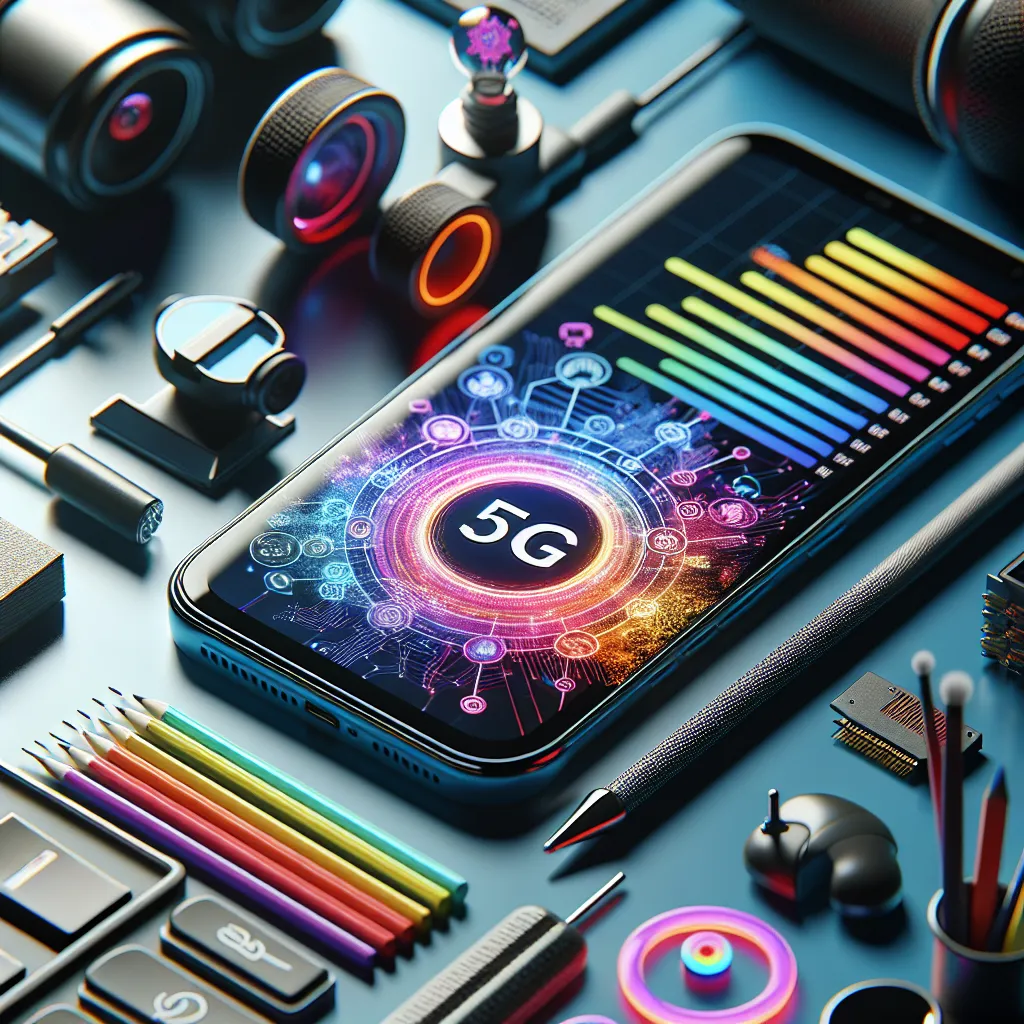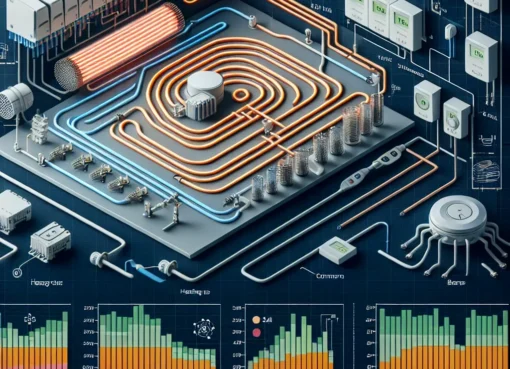Revolutionizing Communication: The Role of Electronics in the 5G Era

The Impact of 5G on Global Communication
The advance of 5G technology is poised to revolutionize global communication in unprecedented ways. With its lightning-fast speeds, minimal latency, and high capacity, 5G is set to transform the way we connect and communicate on a global scale. This next-generation wireless technology will not only enable faster download and upload speeds for individual users but also pave the way for the Internet of Things (IoT) to flourish, connecting countless devices and revolutionizing various industries.
One of the key impacts of 5G on global communication is its potential to bridge the digital divide. With its ability to provide high-speed connectivity to remote and underserved areas, 5G holds the promise of connecting more people around the world, thereby fostering greater communication and collaboration on a global scale. This connectivity is essential for bridging the gap in access to information and resources, ultimately contributing to the socioeconomic development of communities worldwide.
Moreover, 5G’s role in enhancing real-time communication cannot be overstated. With its ultra-low latency, 5G technology will enable seamless and instantaneous connections, significantly improving the quality of video calls, virtual meetings, and live streaming on a global level. This advancement will not only benefit individuals but also have profound implications for businesses, healthcare, education, and various other sectors that heavily rely on real-time communication.
In conclusion, the impact of 5G on global communication is poised to be transformative, offering enhanced connectivity, bridging the digital divide, and enabling real-time communication on an unprecedented scale. As 5G continues to be deployed worldwide, its influence on global communication will undoubtedly be a driving force behind the next era of interconnectedness and collaboration.
Electronics and the Evolution of Connectivity
In the ever-changing landscape of communication technology, electronics play a pivotal role in driving the evolution of connectivity. The advent of the 5G era has ushered in a new wave of possibilities, revolutionizing the way we interact and communicate. Electronics form the foundation of this transformation, enabling faster, more reliable, and efficient connectivity across various devices and platforms.
At the core of this evolution is the seamless integration of electronics into everyday objects, creating a network of interconnected devices known as the Internet of Things (IoT). From smart homes and wearable devices to industrial machinery and urban infrastructure, electronics have facilitated the interconnectivity of a wide array of applications, paving the way for unprecedented levels of efficiency and convenience.
Furthermore, the development of electronics has spurred advancements in wireless communication technologies, enabling high-speed data transfer and minimal latency. This has not only enhanced the way we communicate through traditional channels but has also laid the groundwork for emerging technologies such as augmented reality (AR) and virtual reality (VR), offering immersive and interactive experiences.
As we continue to push the boundaries of connectivity, the role of electronics in shaping the communication landscape becomes increasingly pronounced. The seamless integration of electronics into the fabric of our daily lives is a testament to their transformative power, driving us towards a more interconnected and technologically advanced future.
Revolutionizing Communication: The Role of 5G Technology
The role of 5G technology in revolutionizing communication cannot be overstated. With its unprecedented speed and capacity, 5G is transforming the way we connect and communicate. The ability to transmit data at incredibly high speeds will pave the way for innovations in various industries, including healthcare, transportation, and entertainment.
One of the key aspects of 5G technology is its low latency, which means that data can be transferred almost instantaneously. This opens up opportunities for advancements in real-time communication, such as remote surgery, autonomous vehicles, and immersive augmented reality experiences. Additionally, the increased network capacity and reliability of 5G will enable the seamless integration of Internet of Things (IoT) devices, revolutionizing the way we interact with our surroundings.
Furthermore, 5G technology has the potential to bridge the digital divide by bringing high-speed internet access to underserved areas, thus opening up new opportunities for economic growth and development. The deployment of 5G networks will also enable the widespread adoption of smart cities, where interconnected devices and sensors will enhance public services and improve overall quality of life.
In conclusion, 5G technology is set to revolutionize communication on a global scale. Its impact will be felt across numerous sectors, empowering innovation and driving unprecedented levels of connectivity. As we embrace the 5G era, the possibilities for transforming communication and shaping the future are truly limitless.



